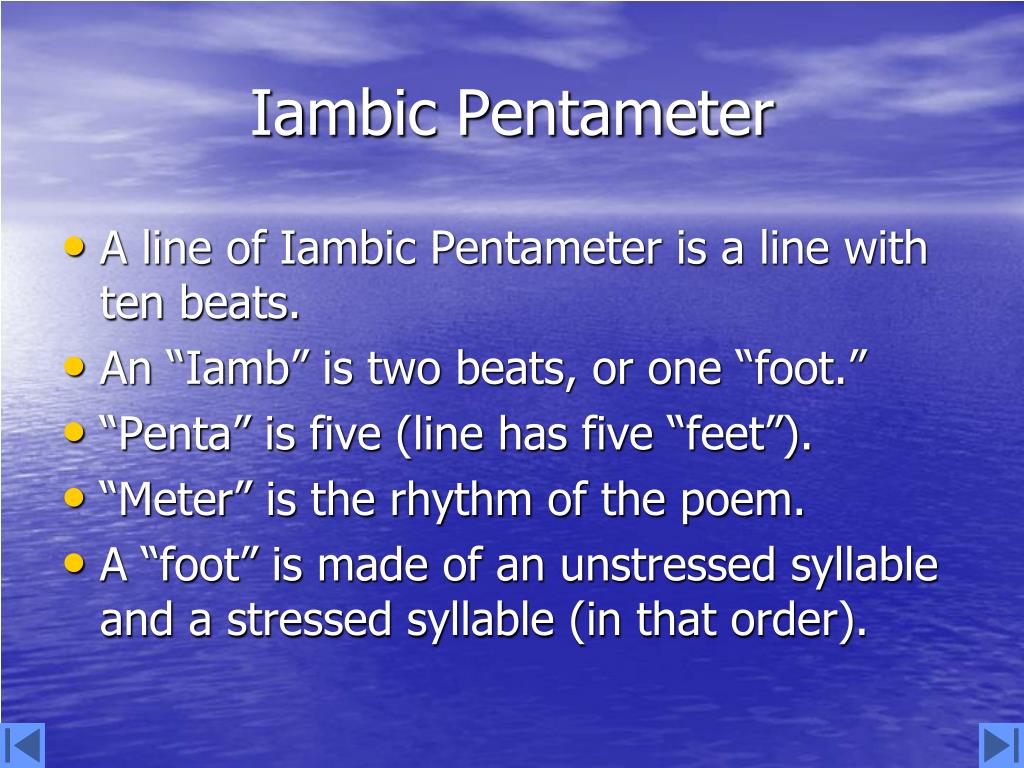
Together with the tradition of love poetry has grown a tradition of criticism that tends to argue that what merely seems to be passionate love poetry is actually properly understood as something else (worship of God, subordination to Empire, entanglement within the structures of language itself). But it is also relates a history of the way love has been treated, not by our poets, but by those our culture has entrusted with the “authority” to maintain and perpetuate the understanding, and even the memory, of poetry. The book tells a story, relates a history of love, through literature and its sometimes adversarial relationship to the laws and customs, the political and economic structures of the times and places in which that literature was produced.

This book re-imagines the relationship between love, poetry (and literature more generally), and literary/theological/philosophical criticism of poetry going all the way back to the Augustan era in Rome.


The bookworms are educated and enchanted at one and the same time. Its intention is to pass on some ethical and religious truth in a delightful manner. It might additionally be characterized as a story with a shrouded good lesson. In allegory a message is imparted by method for typical figures, activities or typical representation. An explanation behind this is that allegory has a huge force of delineating complex plans and ideas in an edible, solid manner.

Allegory has been utilized broadly all through the historical backdrop of craft, and in all manifestations of craftsmanship. It is a gadget in which characters or occasions speak to or symbolize thoughts and ideas. An allegory is a representation of a unique or profound importance through cement or material structures allegorical treatment of one subject under the appearance of an alternate.


 0 kommentar(er)
0 kommentar(er)
